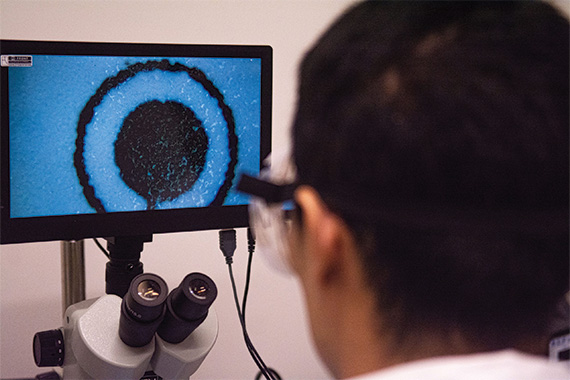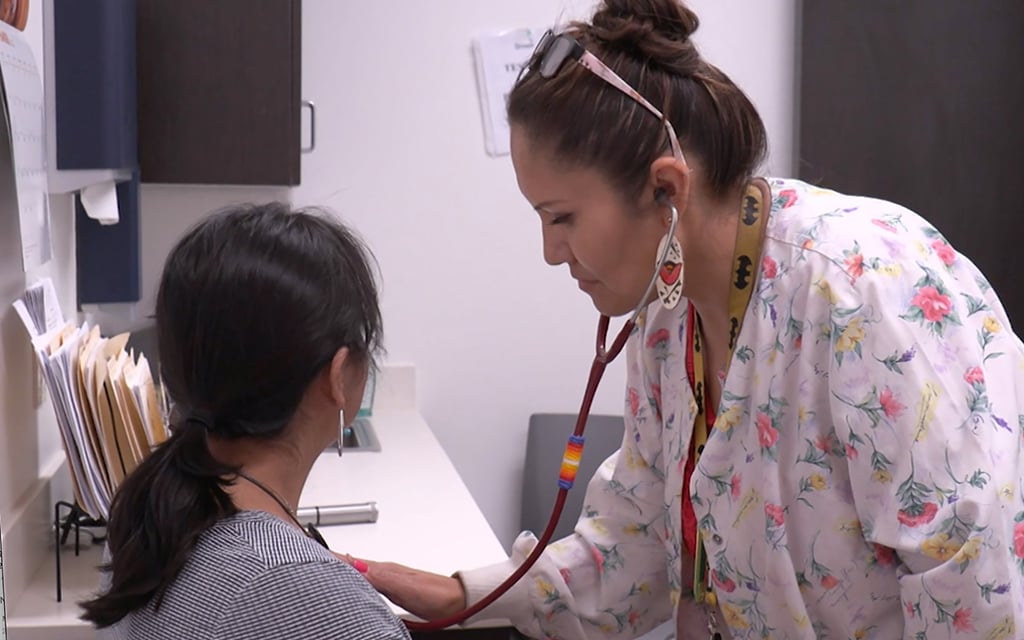In the ever-evolving healthcare landscape, introducing a “New Pain Medication” brings both promise and scrutiny. As medical science advances, so do the options for pain management, yet the arrival of novel treatments prompts critical evaluation of their implications.

The Role of New Pain Medication
The advent of a “New Pain Medication” marks a significant milestone in addressing the complex issue of pain management. With evolving medical technologies, patients and practitioners alike seek alternatives to traditional opioid-based therapies, paving the way for innovative solutions.
As discussions surrounding opioid misuse and addiction continue to shape healthcare policies, the emergence of non-opioid alternatives sparks hope for a safer, more comprehensive approach to pain relief. However, amidst the optimism lies a nuanced understanding of the challenges and controversies accompanying such advancements.
Exploring the efficacy and accessibility of the “New Pain Medication” becomes paramount in navigating the evolving healthcare landscape. While innovation holds promise, it also demands careful consideration of its impact on patient care, medical practices, and societal perceptions of pain management.
READ ALSO: Understanding the Impact of the Recent Measles Outbreak in US: Vital Insights
Addressing Concerns and Considerations
Amidst the excitement surrounding the introduction of a “New Pain Medication,” concerns arise regarding its accessibility, affordability, and comparative effectiveness. The allure of non-opioid alternatives beckons a closer examination of their implications for patients, practitioners, and healthcare systems.
Integrating “New Pain Medication” into existing frameworks necessitates a balance between innovation and pragmatism in the quest for comprehensive pain management solutions. Critical conversations surrounding access, education, and patient-centric care emerge as stakeholders navigate the complexities of healthcare delivery.
READ ALSO: Patients Concerned as Levemir Insulin Discontinued: What’s Next for Diabetes Treatment?



